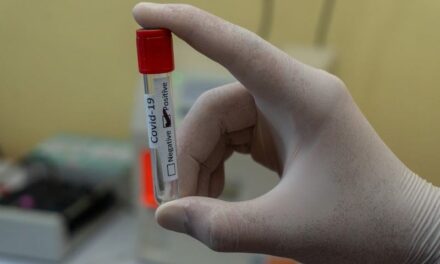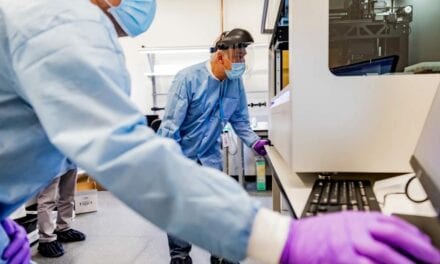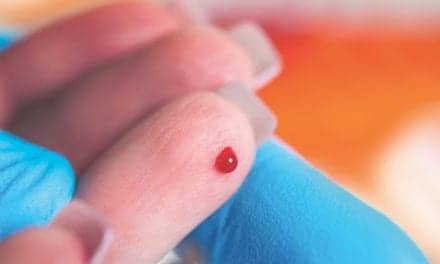Fusion Genomics has been selected to conduct a pilot study using its sequencing-based infectious disease ONETest platform for the detection of SARS-CoV-2 and its variants.
Researchers will conduct the study utilizing samples already collected at Toronto Pearson International Airport (Toronto Pearson) from volunteers who participated in a 2021 study that was supported in part by funding from the National Research Council of Canada Industrial Research Assistance Program (NRC IRAP).
Traditional diagnostic testing is designed to detect a specific pathogen or group of pathogens. While useful, these tests cannot spot novel threats and may miss emerging variants. With next-generation sequencing (NGS), it is possible to sequence all microbes in a sample and identify known, rapidly mutating, and even novel pathogens for a more comprehensive view of potential threats to human health. However, use of such testing is complex and cost-prohibitive.
Fusion Genomics’ NGS-based ONETest Coronaviruses Plus simultaneously offers the detection of the full spectrum of known and novel respiratory viruses, such as SARS-CoV-2, in a single sample.
In the pilot SARS-CoV-2 detection surveillance study, Fusion Genomics will analyze dozens of samples collected at Toronto Pearson during a 2021 study undertaken by the Greater Toronto Airports Authority (GTAA). These randomly anonymized samples were previously subjected to molecular PCR testing and deemed to be either positive or negative for SARS-CoV-2. Scientists at Fusion Genomics will now use the ONETest platform to determine the presence or absence of SARS-CoV-2 variants in these samples.
“Very early on in the pandemic, Toronto Pearson was at the leading edge of gathering scientific knowledge about SARS-CoV-2 with its study and other forward-looking testing activities. Learnings from our new pilot study will be used to inform potential, future surveillance programs in our communities, where they’re needed most at this stage of the pandemic,” says Mohammad Qadir, president and chief scientific officer of Fusion Genomics. “We are pleased to work with the GTAA on this unique pilot that will demonstrate the feasibility of implementing our cost-effective ONETest platform for future, routine pandemic surveillance.”
Since the start of the COVID-19 pandemic, Fusion Genomics has been evaluating the ONETest platform as a tool to detect not only SARS-CoV-2, but all known and emerging upper-respiratory viruses. The company previously received contracts from Innovative Solutions Canada to analyze samples for coronaviruses, other upper respiratory RNA viruses, and various strains of zoonotic viruses including those from swine and avian influenza.
“Toronto Pearson is the largest airport in Canada, and as an international gateway, we believe it is important to help protect our passengers, workers and communities from new and emerging diseases,” says Dwayne Macintosh, director of Corporate Safety & Security for the GTAA. “This pilot study with Fusion Genomics furthers our commitment to advancing health and safety through innovative, cost-effective, approaches.”
For more information, visit www.fusiongenomics.com.





